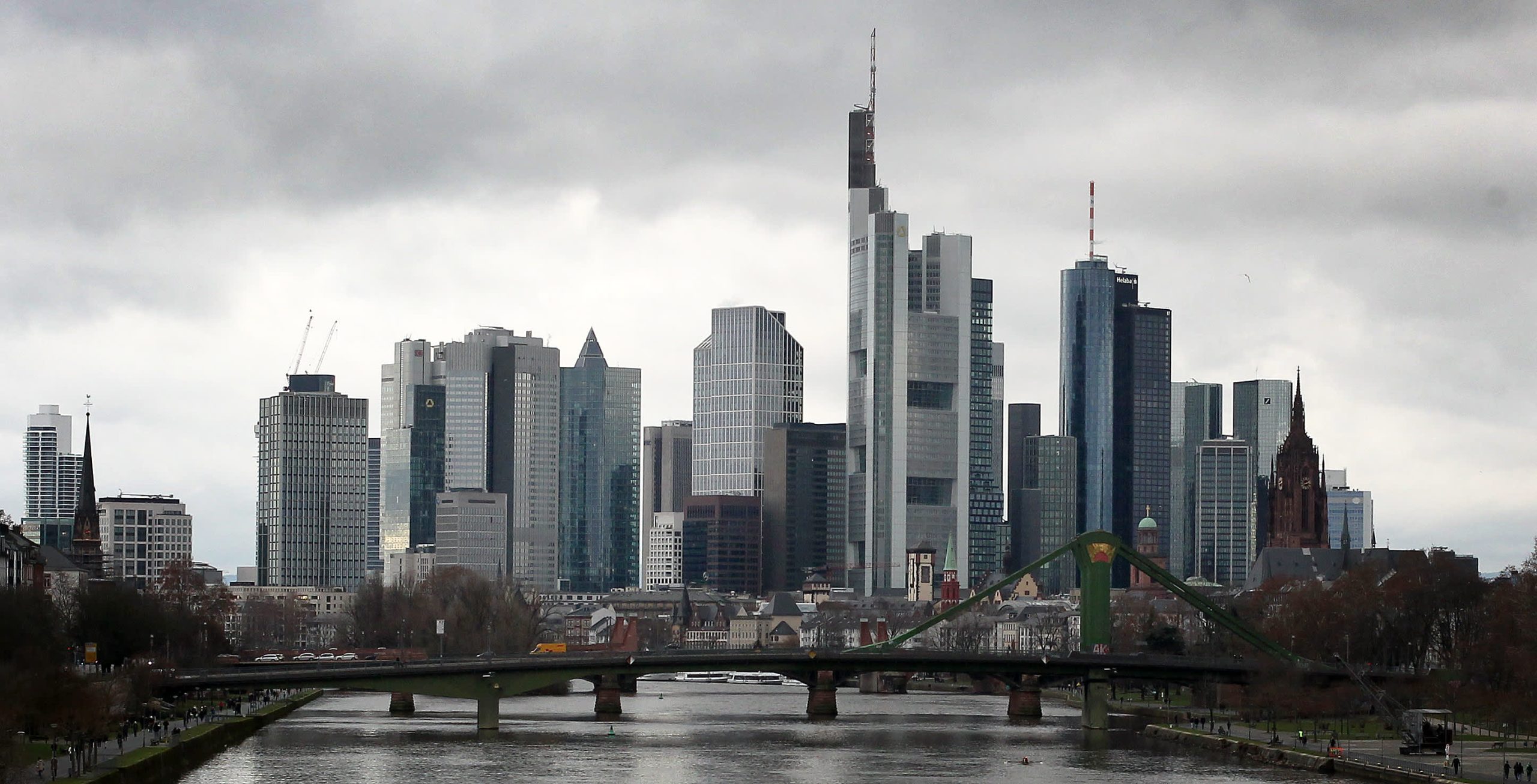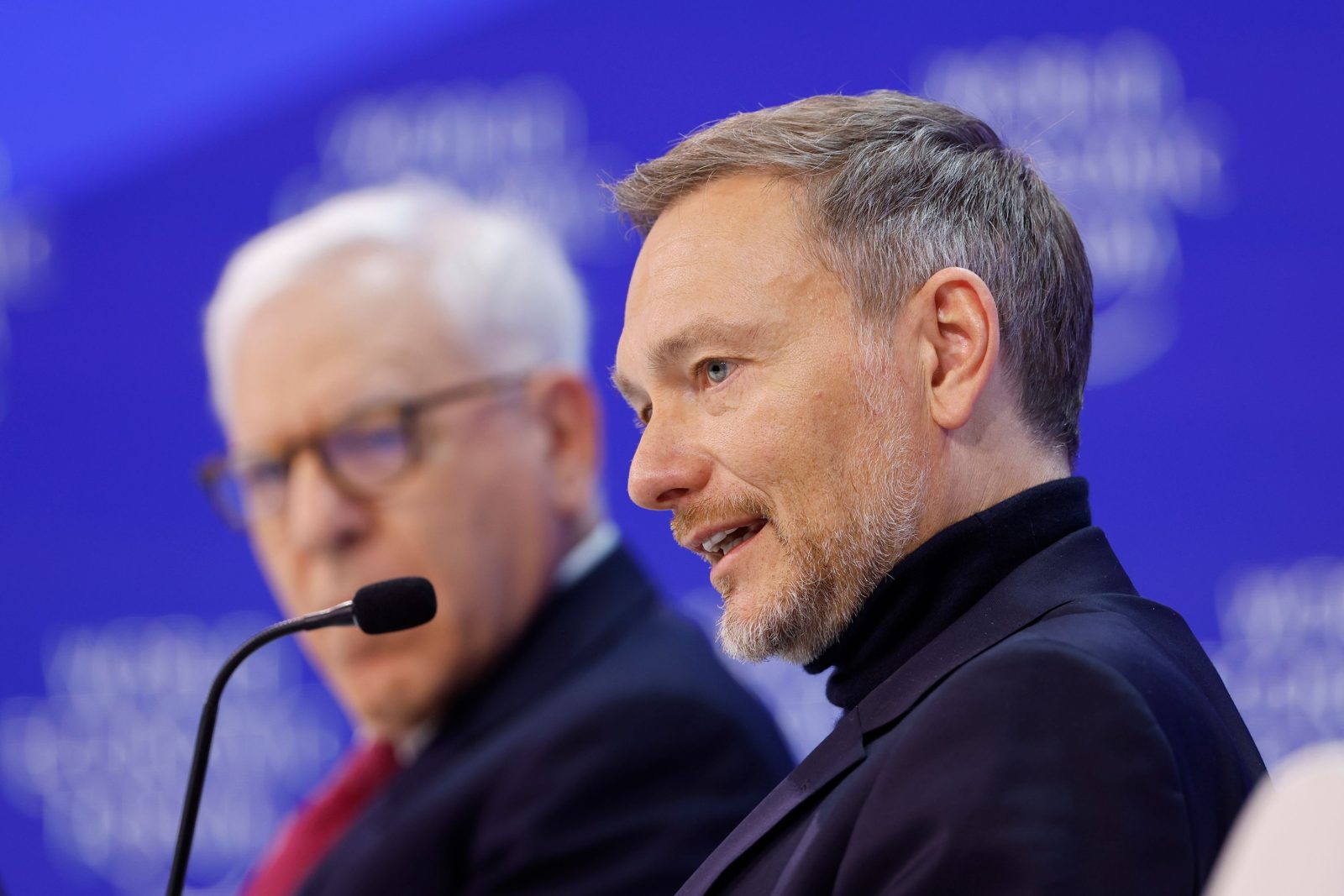Germany has recently been regaining the unwelcome title of “the sick man of Europe,” although some economists argue that this label might not accurately reflect the state of Europe’s largest economy.
This nickname was first used in 1998 when Germany faced the economic challenges of post-reunification.
Today, the International Monetary Fund projects that the German economy will contract in 2023, making it the only G7 economy expected to shrink this year. This forecast has revived the old moniker in various media discussions.
However, does Germany truly deserve this designation? Holger Schmieding, chief economist at Berenberg Economics, told last week that it is not appropriate to label an economy with record employment, numerous job vacancies, and a strong economic position as “the sick man of Europe.”
He emphasized that Germany has not faltered to the extent that would justify such a label.
Despite Germany’s recession in the first quarter of 2023, Jasmin Groeschl, senior economist for Europe at Allianz, points out that there are significant differences between the current economic situation and Germany’s previous struggles as Europe’s “sick man,” including external geopolitical pressures and a global economic slowdown.
Stefan Kooths, research director for business cycles and growth at the Kiel Institute for World Economy, identifies two distinct types of challenges facing Germany: short-term cyclical issues and longer-term structural problems.
Germany faces cyclical challenges that differ from those in the 1990s and early 2000s, according to Carsten Brzeski, global head of macro research and chief euro zone economist at ING Research.
The global economic climate, including China’s slower-than-expected recovery from COVID-19 and higher interest rates and energy prices, impacts manufacturing countries like Germany.
Brzeski notes that Germany’s exports, which primarily include cars, machinery, tools, and chemicals, are sensitive to global economic fluctuations. In contrast, countries like France rely more on thriving service exports.
Jasmin Groeschl highlights that Germany’s export sector is struggling. In May 2022, Germany reported its first foreign trade deficit in decades, importing more than it exported.

Although Germany returned to a trade surplus of 18.7 billion euros in June, exports remain sluggish, with a 0.1% increase from the previous month and a 1.9% decrease from June 2022.
Exports to China fell by 5.9% to 8.2 billion euros in June. In addition to cyclical problems, Germany faces long-term structural issues that need addressing to overcome its “sick man” image.
Joerg Kraemer, chief economist at Commerzbank, argues that Germany needs reforms such as lower corporate taxes, reduced bureaucracy, faster approval processes, increased investment in infrastructure, competitive electricity prices, and improved education.
Kraemer notes the lack of a comprehensive reform package to tackle Germany’s underlying economic issues. A government spokesperson declined to comment on these observations.
Germany has experienced a decline in the number of hours worked since 1991, with forecasts predicting a continued drop.
Kooths points out that this decline is compounded by an aging population and the growing burden on the pension system. He advocates for reforms, including raising the retirement age, to address these challenges.
Germany also faces energy-related challenges, exacerbated by the volatility of energy prices following Russia’s invasion of Ukraine.
The country’s push towards sustainable energy, including closing its last three nuclear power plants in April, is part of its Energy Efficiency Strategy 2050. However, this transition is costly and controversial, with some climate scientists arguing that closing nuclear plants is a step backward.
High energy costs are also driving concerns that German companies may consider relocating abroad. Siegfried Russwurm, head of the German Industry Federation, mentioned that while German businesses are performing well globally, they face difficulties operating within Germany.
Given the various factors affecting Germany’s economy, the country may struggle to shed its “sick man” reputation. Schmieding notes that Germany is no longer the leader in European growth and is now considered average in this regard.
Brzeski acknowledges that while Germany faces significant challenges, other European economies are also experiencing similar issues, making Germany’s situation prominent but not isolated.







Leave a Reply